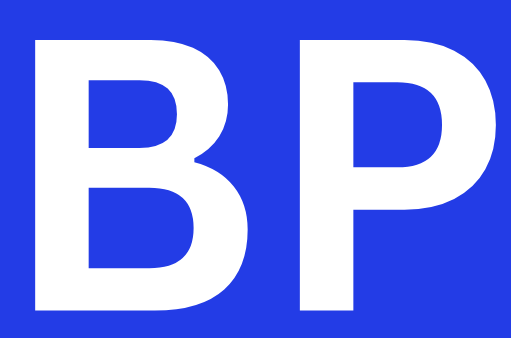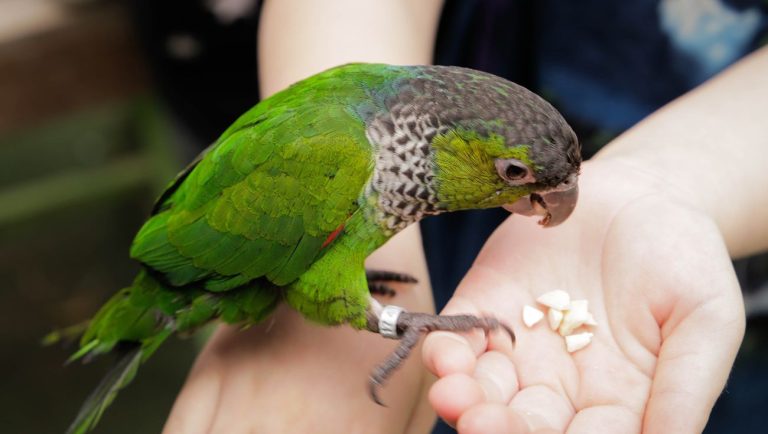The Ultimate Guide to Parrot Nutrition: Ensuring a Healthy and Happy Life for Your Feathered Friend
Introduction: Beyond Sunflower Seeds: A Comprehensive Parrot Diet Plan
Are you a parrot owner looking to provide the best possible nutrition for your beloved companion? While sunflower seeds might be a tempting treat, they shouldn’t form the basis of your parrot’s diet. A balanced and varied diet is crucial for maintaining your parrot’s health, vibrant plumage, and overall well-being. This comprehensive guide will equip you with the knowledge to create a nutritionally complete meal plan for your feathered friend. We’ll explore essential nutrients, safe food choices, and common feeding mistakes to avoid.
Essential Nutrients for a Thriving Parrot
Your parrot needs a diverse range of nutrients to flourish. Let’s delve into the key components of a healthy parrot diet:
1. Protein: The Building Block of Life
Protein is vital for growth, repair, and maintaining essential bodily functions. However, not all protein sources are created equal. Parrots require a balanced amino acid profile, which many protein sources lack. Supplementing incomplete protein sources with complete ones ensures optimal nutrition.
- Excellent Protein Sources: Low-fat cottage cheese, moderate amounts of low-fat or skim cheese, tofu, eggs, white fish, turkey, lean meats, and cooked tuna (in water).
2. Vitamin A: Essential for Vision and Immunity
Vitamin A-rich vegetables are indispensable to a parrot’s diet. This vital nutrient supports healthy skin, feathers, vision, and mucous membranes, bolstering the bird’s immune system and resistance to disease.
- Tip: Choose fresh, dark-colored fruits and vegetables for maximum beta-carotene content. The body converts beta-carotene into Vitamin A during digestion. Most vegetables can be fed raw.
3. Grains and Seeds: A Source of Carbohydrates and Fiber
While not the primary food source, grains and seeds contribute essential carbohydrates and fiber. Offer a variety of options to keep your parrot engaged and ensure diverse nutrient intake.
- Good Choices: Whole grain bread (low sugar), low-sugar or sugar-free cereals, whole wheat dough, brown rice, low-fat granola, wheat germ, millet, oats, amaranth, and unsalted potato chips (in moderation).
4. Carbohydrates: Fueling Daily Activities
Carbohydrates provide energy for your parrot’s daily activities. A balanced approach is crucial, avoiding excessive sugar intake.
Suitable Carbohydrate Sources: Fruits, dough, grains, bread, corn, beans, potatoes, peas, dairy products (in moderation), nuts, and seeds (providing essential fats).
Foods to Avoid: Avocados, chocolate, alcohol, caffeine, high-sugar foods, high-fat foods, and high-salt foods are extremely toxic to parrots and should never be given.
Key Considerations for Parrot Feeding
Proper food preparation and hygiene are crucial for maintaining your parrot’s health. Follow these guidelines for optimal feeding practices:
1. Cooked Food: Cool Before Serving
Parrot food preparation differs from human cooking. Avoid adding oils or seasonings. Always allow cooked food to cool completely to room temperature before serving.
2. Fresh Produce: Thorough Cleaning is Paramount
To ensure your parrot’s safety, wash all fruits and vegetables meticulously. A simple solution of water, a few pinches of salt, and a squeeze of lemon juice can be used to soak produce for 5-10 minutes before rinsing thoroughly under running water.
- Important Note: Avoid using household detergents or disinfectants to clean produce.
3. Maintaining a Clean Environment
Parrot droppings and feathers can harbor bacteria in warm, humid environments. Regularly clean and disinfect the cage, perches, and any other items your parrot comes into contact with to prevent the spread of disease and maintain optimal hygiene.
4. Temperature and Ventilation
Parrots are susceptible to heat stress. During warmer months, ensure adequate ventilation and avoid placing the cage in direct sunlight. Misting your parrot with water can help cool it down if it shows signs of overheating.
- Note: Vitamin D3 is essential for calcium absorption and can be obtained through direct sunlight exposure.
Debunking Common Parrot Feeding Myths
Misconceptions about parrot nutrition are widespread. Let’s address some common mistakes:
1. Overfeeding: Less is Often More
In the wild, parent birds feed their young in small amounts throughout the day, mimicking a foraging pattern. Overfeeding can lead to digestive issues and obesity. Always ensure previous meals are digested before offering more food. Small, frequent meals are ideal.
2. The Sunflower Seed-Only Diet: A Recipe for Disaster
While parrots enjoy sunflower seeds, relying solely on them creates nutritional deficiencies, reduces foraging stimulation, and contributes to obesity and related health problems. Diversify your parrot’s diet to prevent health complications.
3. Improper Food Storage: Preventing Spoilage
Improper food storage can lead to spoilage and the growth of harmful toxins. Buy only the amount of food your parrot will consume within a reasonable time frame to maintain freshness and prevent waste.
By following these guidelines, you’ll be well on your way to providing your parrot with a nutritious and balanced diet, contributing to a long, healthy, and happy life for your feathered friend. Remember, a happy parrot is a healthy parrot!

